Pocket Money for Kids

Understanding the value of money is a fundamental life skill that children need to grasp early in life. While adults comprehend the impact of money, children often see it as a seemingly limitless resource that just appears on trees.
It is our responsibility to teach children the actual value of money. Whether it involves introducing them to the basics of budgeting or delving into intricate financial concepts with teenagers, there's no better time than the present to start imparting these invaluable lessons.
This blog delves into pivotal principles that lay the foundation for children's understanding of pocket money, bank accounts earning money, and the essence of financial responsibility.
Is your child struggling to keep up with schoolwork? Are they falling behind? Are they bored in class? Or are you looking for extension work for your child? Check out our eBook to learn more about how we help your child improve academically and build confidence through our in-centre after-school tuition.
Building the Cornerstone
The question of when children should start receiving pocket money may offer a surprising answer—families should initiate this practice as soon as children begin to develop basic numeracy skills.
Even a modest allowance, such as a couple of dollars a week, can provide a child with essential lessons in budgeting and self-money management. The ultimate goal is to equip children with the knowledge of handling budgets and making responsible choices concerning their finances.
Jan, a mother of two, shared her experience, "Around the age of five, my kids started receiving a weekly allowance of $2. They earned this money by undertaking small tasks at home. As they grew older, their responsibilities expanded, and so did their pocket money, reaching $5 per week.
I entrusted them with complete control over this money. Whether they chose to save their pocket money or spend it on treats was entirely their decision. They quickly grasped concepts like change and equivalence, learning to save up for desired items, even if their friends and I deemed them extravagant, like fancy skateboards."
Unveiling Insights into Kids' Pocket Money
Recent surveys illuminate trends in pocket money. In New Zealand, the average amount of weekly pocket money paid amounts to $10.40. Intriguingly, the survey emphasised a shift—children now prioritise saving money over buying toys and sweets. Nearly half of surveyed parents believe that their children's earning and spending of pocket money substantially shaped their financial mindsets.
While debates arise about whether childhood should remain untouched by financial discussions, experts say it is important to instil financial literacy from an early age. Although the frequency and amount of pocket money may vary among families and financial circumstances, these tips can amplify a child's grasp of money management:
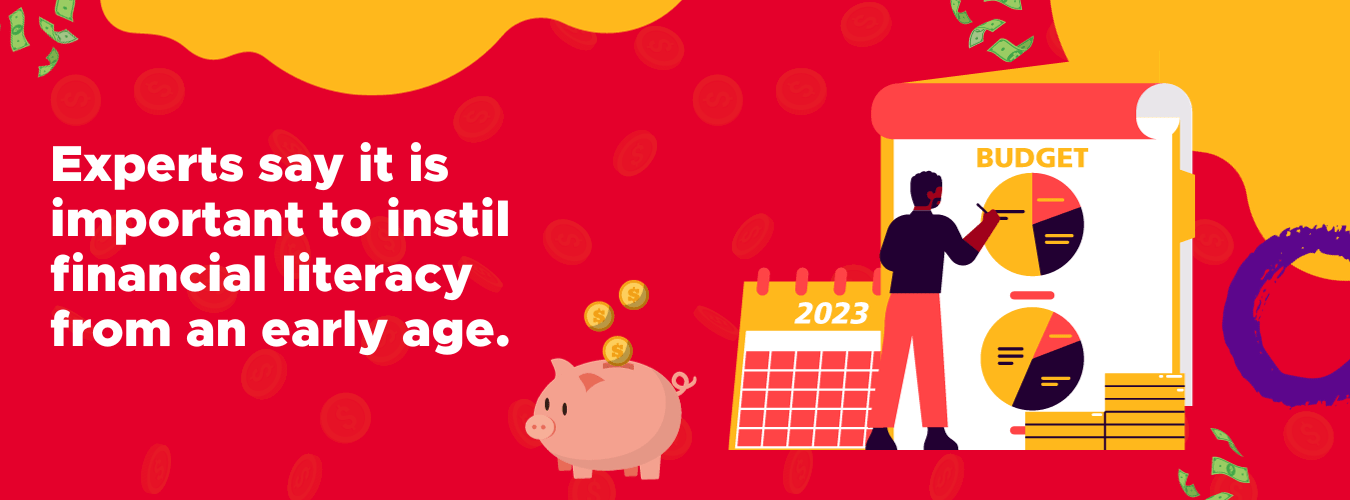
Fostering Earning and Management of Pocket Money
If the intention is for a child to earn pocket money, it can be beneficial to let them choose from a set of weekly chores or tasks or create a list with corresponding payments for household chores or jobs. This approach not only empowers children to determine their income but also imparts the connection between output and reward.
Exploring the advantages of opening a savings account with online access allows older children to track the growth of their funds. While younger children find tangible value in using cash, older ones can opt for direct deposits. As they mature, transitioning to an EFTPOS card linked to their bank account readies them for independent financial transactions.
Guiding children towards good spending choices is important. While families can offer advice, children often learn most effectively by making decisions independently. Teaching children basic calculations, such as the value of different coins, equips them with indispensable mathematical skills.
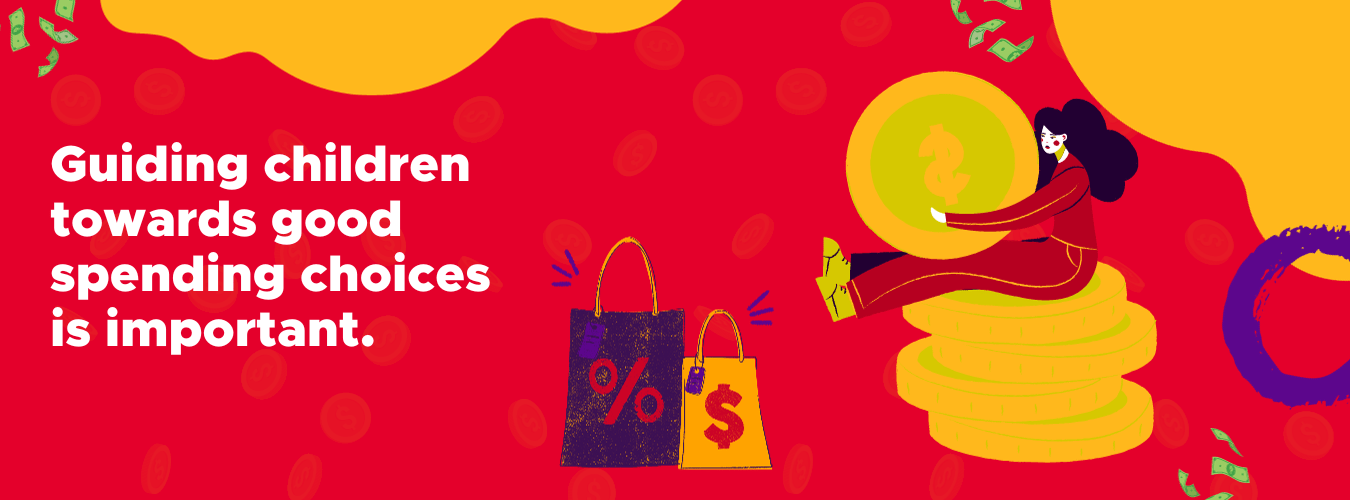
Cultivating the Habit of Saving
Learning to save isn't just about cultivating financial habits; it's also about imparting life skills such as goal setting, maturity, and independence. Encouraging children to make savings goals and save for short-term things initially, like a toy, lays the groundwork.
Over time, as children gain greater and more control over their pocket money, they'll grasp the concept of delayed gratification and work towards bigger objectives, such as purchasing their first car.
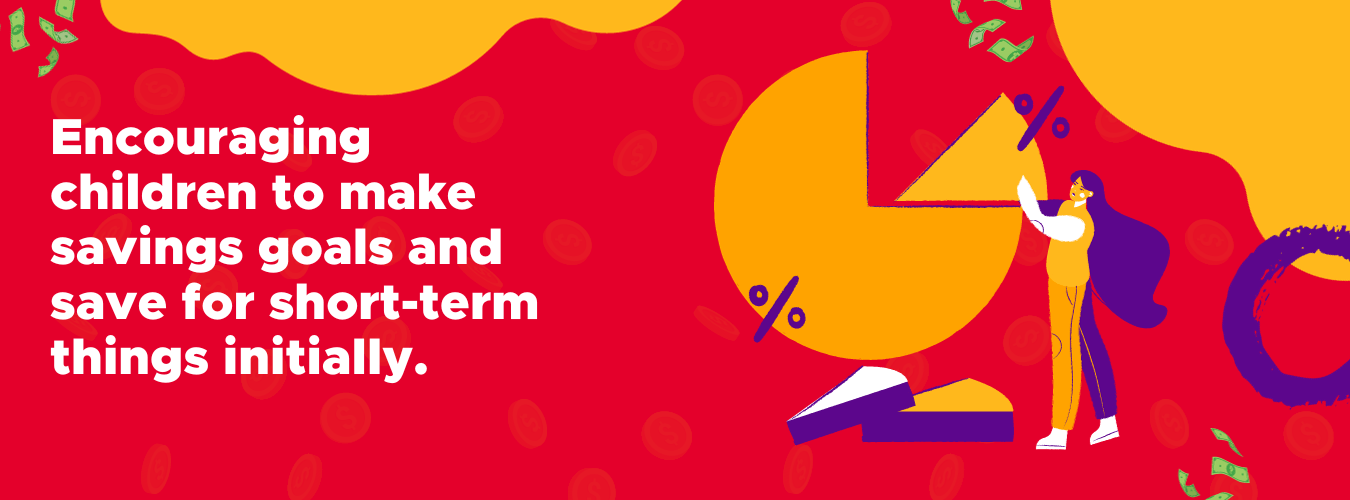
Nurturing Smart Spending Habits
Educating children about making silly spending choices is pivotal to their financial education. While they have the autonomy to spend their pocket money, guiding them towards sensible decisions can demonstrate the difference between impulsive spending and responsible spending.
Encouraging children to contemplate purchases—do they truly need it? Teaching them to prioritise necessities over desires and embrace delayed gratification equips them with a mindful approach to spending that proves invaluable in adulthood.
The Vital Role of Financial Literacy
Financial literacy is a skill that children should cultivate early on to ensure they're well-equipped to manage their finances as adults. Integrating discussions and activities related to money into their education significantly contributes to their financial literacy.
Involving children in discussions about household budgets, aiding them in comparing prices while shopping, and explaining basic financial concepts like interest, investing and inflation in age-appropriate ways instils confidence in their own financial circumstances and decision-making abilities.
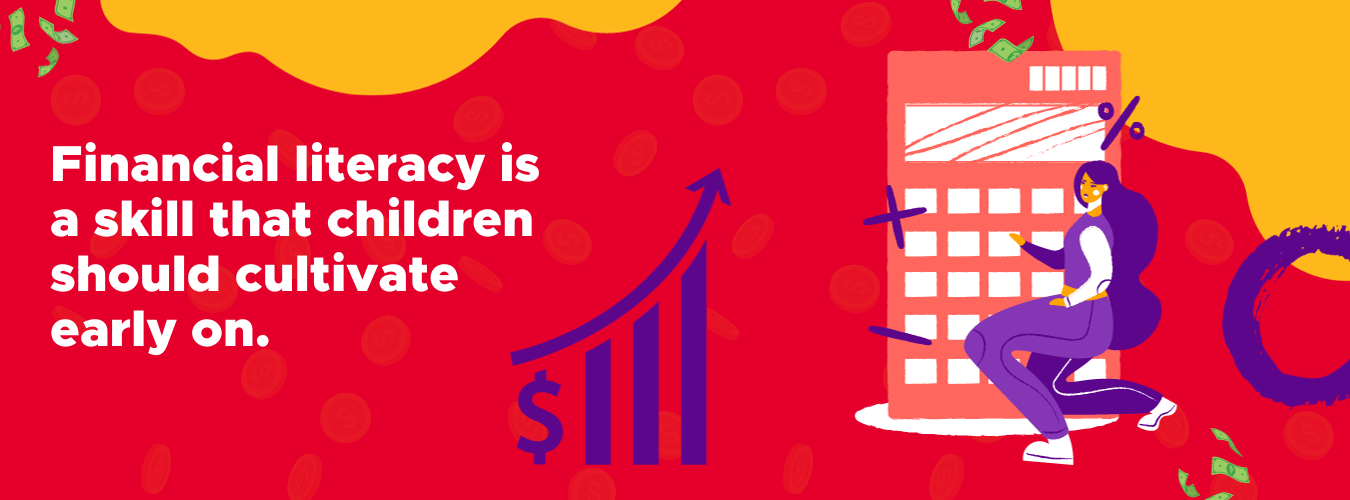
Nurturing Long-Term Financial Goals
While managing pocket money imparts immediate lessons in budgeting and spending, it also serves as an excellent platform to introduce the concept of long-term financial goals. This experience acquaints children with virtues like patience, priority setting, consistent effort, and working steadfastly towards a goal. Engaging them in conversations about savings accounts, investments, and retirement funds widens their financial horizon.
Striking a Balance Between Fun and Responsibility
As crucial as financial education is, finding an equilibrium between learning and enjoying childhood is equally vital. Encouraging children to allocate a portion of their pocket money for activities they enjoy. This can help children understand that financial responsibility doesn't always mean sacrificing enjoyment. Instead, it teaches them to strike a harmonious balance between saving, spending, and indulging in everyday life pleasures.
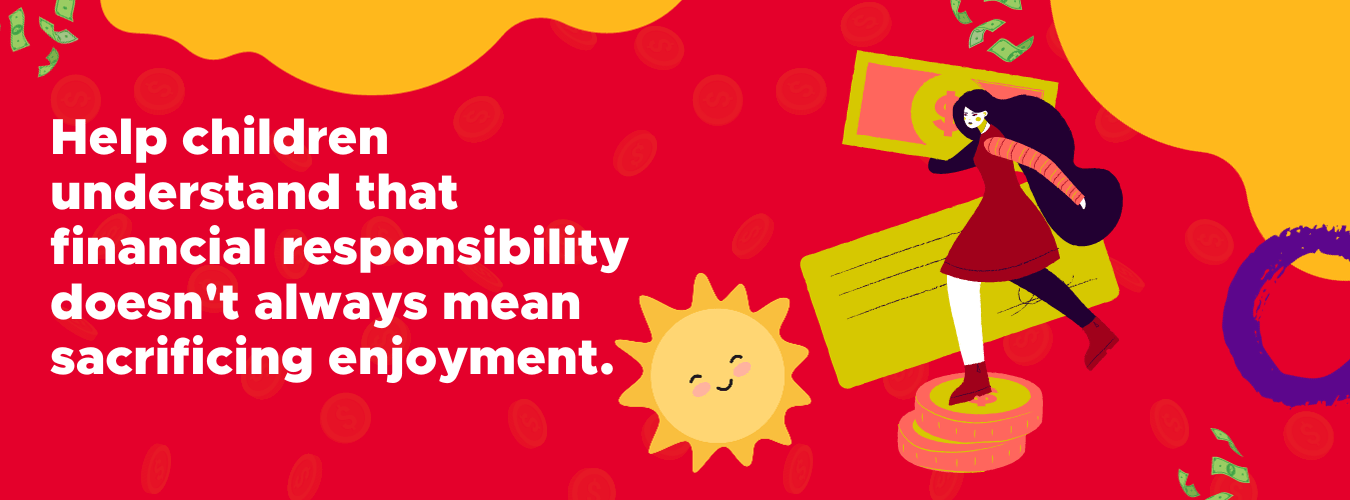
Nurturing Future Citizens Empowered with Financial Literacy
Educating children about pocket money transcends the act of handing them a few coins—it's about cultivating essential life skills that will guide them on their financial journey.
By instilling responsible earning, diligence, astute spending, and saving habits in children, parents are equipping children for the intricate financial landscape they'll navigate as adults. Remember that your guidance with paying kids pocket money today will shape their financial attitudes and behaviours for years to come.
As parents, you hold a unique opportunity to empower your children with financial knowledge that paves their path to success.
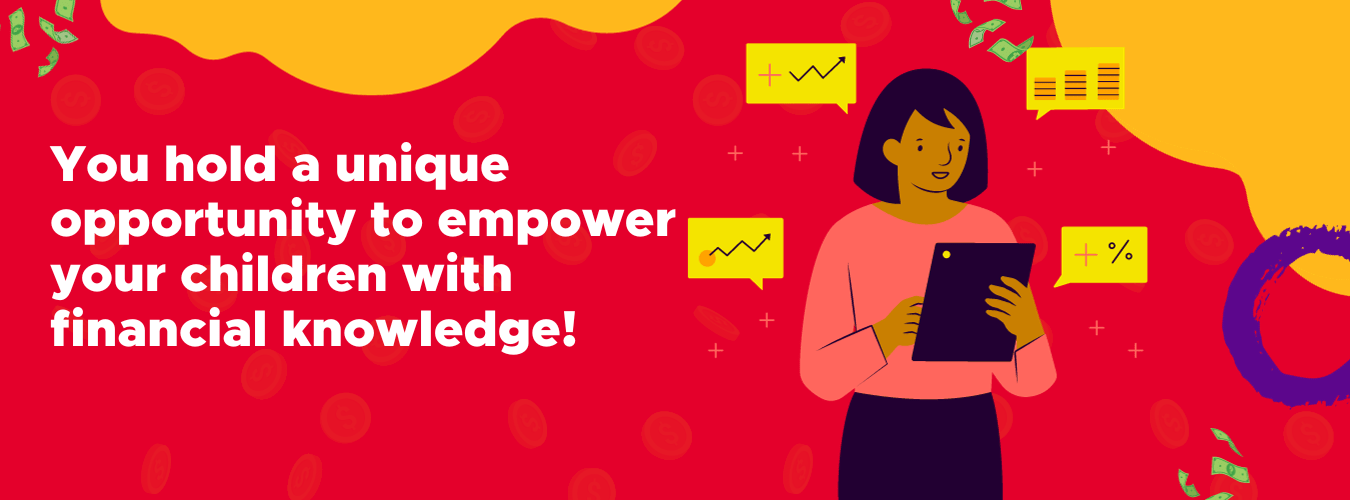
A robust foundation in financial literacy, coupled with proficient numeracy and literacy skills, lays the groundwork for their education. At NumberWorks’nWords, we're dedicated to bolstering your efforts through comprehensive after-school tutoring programs that teach kids to nurture these indispensable skills.
Get in touch with your local NumberWorks’nWords centre or schedule a free assessment today.
Together, we can equip your children with the tools they need to navigate the complexities of the financial world and achieve their aspirations.




